Youth Creative Arts & Communication Expo

April 13, 2024
9:00 – 11:30 a.m.
Youth K-8th Grade
ADRC/Health Building
100 Keenan St., Rhinelander
REGISTRATION CLOSED
The Oneida County Youth Creative Arts & Communication Expo will be held from 9-11:30 a.m. on Saturday, April 13, at the Oneida County Health & Aging & Disability Resource Center building in Rhinelander, located near Trig’s. This event is for registered youth in grades K-8.
Participants will display or present one or more arts- or communication-based project areas and will receive feedback from knowledgeable community members in one-on-one or small-group settings. This year’s event will also offer a variety of free hands-on learning creative arts stations, where participants will have a chance to explore new interests and master new skills.
Participants do not have to be enrolled in 4-H or have any 4-H experience to participate. Cost is free for 4-H members or $10 per non-enrolled youth. 4-H is free to join anytime. There is no visitor cost, so parents and friends are encouraged to come and watch. Projects to do not have to be ready by the registration deadline. Projects can be brought on April 13, the day of the event.
“Youth often leave this event feeling so good about themselves and proud about what they have accomplished or shared with others. This is a great opportunity for youth to also find a new spark, or interest, after participating in the learning stations and have a new sense of hope and curiosity.”
Anne Williams, Oneida County 4-H Educator
Accommodations and language access can be requested to UW-Extension Oneida County by March 18th.
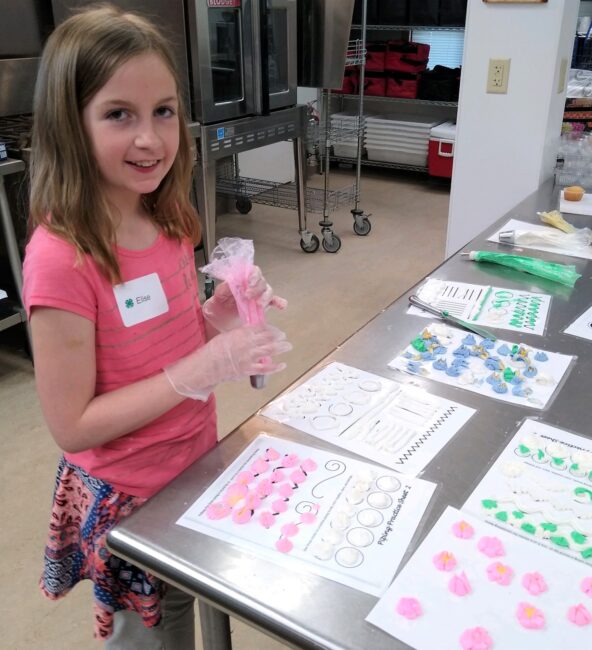
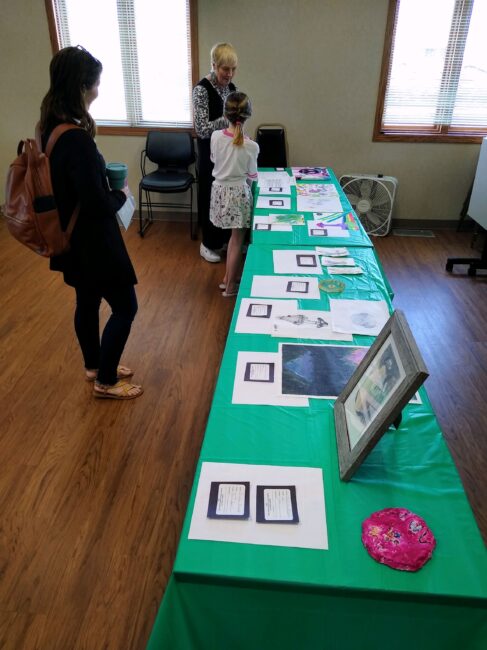
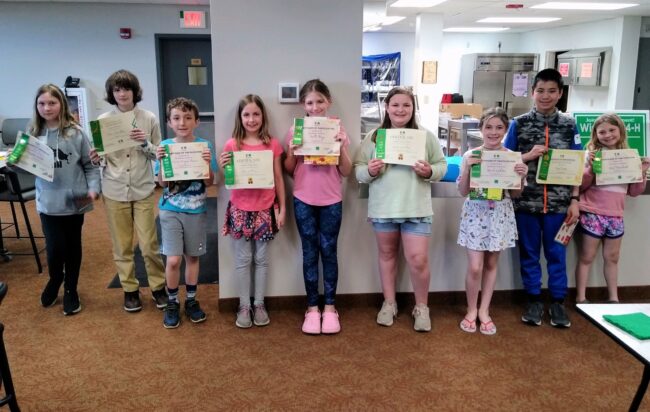
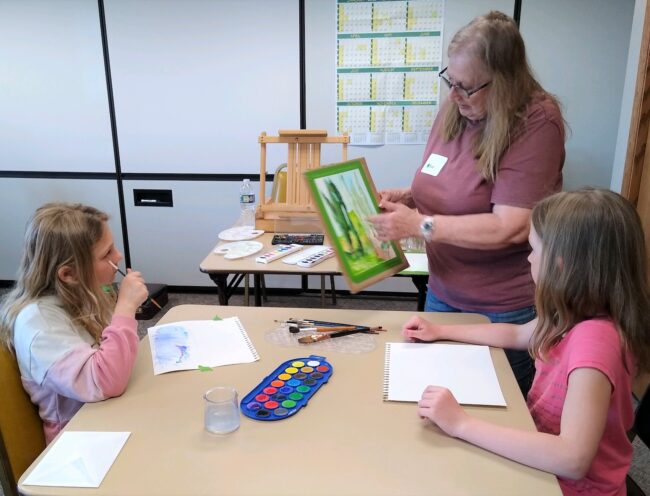
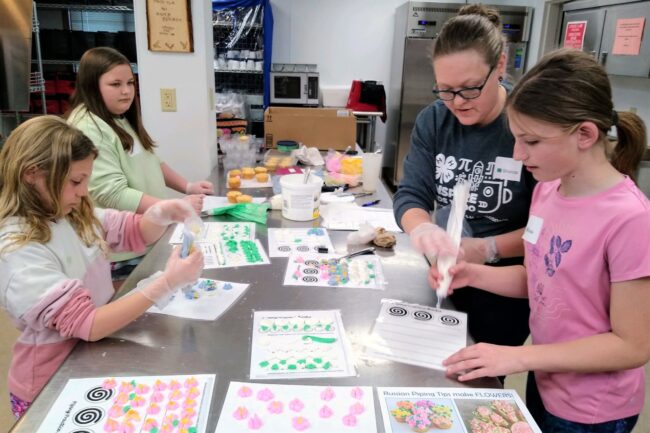
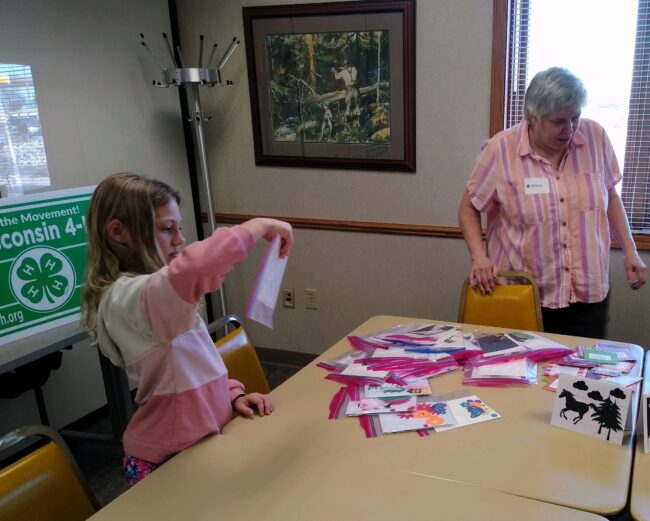
Each participant will receive an award and feedback sheet from local, experienced residents for each project entered!
Judging Groups: K-2, 3-5, 6-8
Art
- Pen or Pencil Drawing
- Sculpture- dough or clay
- Print making
- Craft
- Painting
- Watercolor
- Crayon or marker drawing
- Multi-media drawing
- Scratch Drawing
- Paper art
- Sculpture-other media
- Recycled materials
- Any other art project not listed above.
Music Performance
- Singing
- Instrument
- Dance
- A performance by two or more youths in singing, instrument, or dance.
Drama
- Pantomine
- Reading a story.
- Acting a created or scripted character role or routine.
- Doing a clown routine.
- Doing a puppet routine.
- Two or more youth doing a drama routine.
- Anything not listed above in the category of drama/music performance.
Photography
- Seasonal/Landscape
- Animal/Bird/Insect
- Night Scene
- Action
- Sports/Hobbies
- Portrait
- Still Life
- Special Effects
- Human Interest
- Anything else not listed above.
(4×6 in size, photos may be in color or black and white)
Cake Decorating
Items will not be tasted by the judges; youth can use cardboard as a base for decorating if desired.
- Decorated Cake (the cake itself will not be judged).
- Decorated Cookie (the cookie itself will not be judged).
- Two or more cookies created as a theme together (the cookies themselves will not be judged).
- Other not listed above.
Woodworking
- Item made for inside the home.
- Item made for outside the home.
- Item made as a toy.
- Item made by recycling wood.
- Other not listed above.
Yarn Work
- Knitted Item
- Needlework Item
- Other not listed above.
Crocheting
- Article of clothing.
- Household Item
- Item for personal use (not clothing).
- Holiday Item
- Other not listed above.
Sewing
- Article of clothing.
- Household Item
- Personal Item (not clothing).
- Other not listed above.
Demonstration
Demonstration Guidelines:
A Demonstration is a “how to” for the audience. Doing a demonstration will involve public speaking.
- Try to stay within 5 minutes. A demonstration can be as short as 1 minute.
- Make your introduction interesting.
- Create a poster for your demonstration, and put the title of your demonstration on it.
- List the steps in your demonstration as you go through them. You could also write the steps/ingredients on your poster.
- Conclude your demonstration with a summary of what you demonstrated.
- Props are encouraged, as they can help explain steps in a visual way.
- At the end, you will receive evaluation comments on the following: paper/poster with demonstration title listed, introduction, organization of material, summary at the end, voice quality (speed, volume, inflection), eye contact, posture (standing straight), appropriate grooming, how interesting you made the topic, and your ability to answer questions from the judges at the end of the demonstration.
CATEGORY SUGGESTIONS: Caring for animals/plants, first-aid steps, making a recipe, what to take with you when hiking, taking care of a bicycle, caring for a young child, how to clean a musical instrument, how to decorate a room, how to identify a tree, how to organize homework, how to use a sewing machine, ways to recycle at home, and how to prepare for a day of fishing.
Only youth who sign up for “demonstration” will give a demonstration.
Watch “How to Give a Demonstration” video for further guidance (3:27 mark of video)
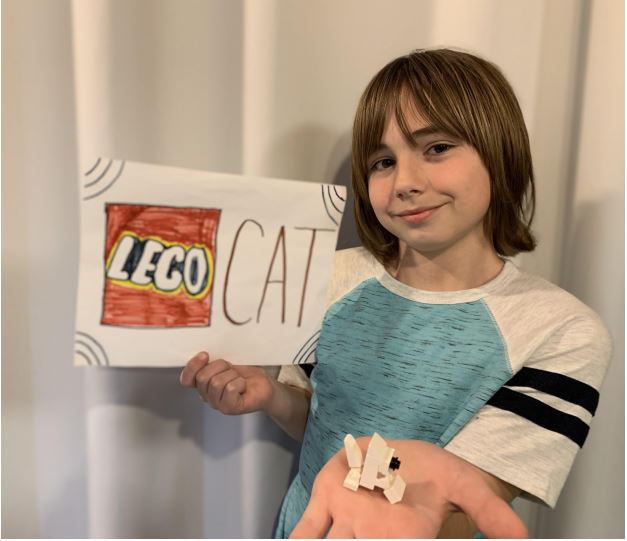
Why Should You Participate?
• To share your talents/skills.
• To challenge yourself.
• To feel good about yourself.
• To receive a neat-looking medal.
• To try something new.
• To meet others.
• To be with other youth who might share your interests.
Attendance
This is a face-to-face learning experience, so youth are required to be present. The Expo will end when all entries have been viewed and feedback received. Parents and friends are encouraged to come and watch!
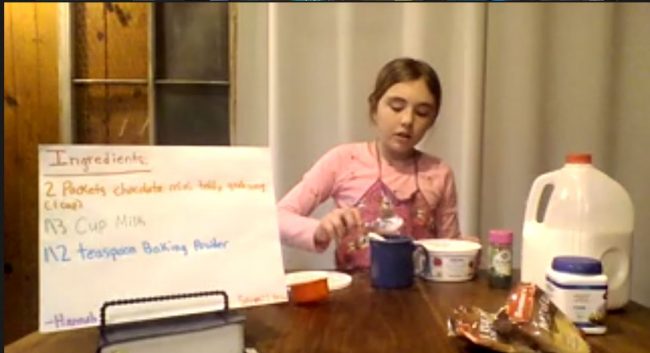

Who are the guest community members?
We will have a few guest community members present whose purpose will be to provide positive feedback with ideas for the youth on how to improve and grow their cultural arts work in the future. This aligns with the 4-H slogan of “Learning by Doing” and the 4-H motto of “Make your Best Better.”
Why is receiving feedback so important for youth and teens?
Oftentimes a person will complete a project to earn a grade or prize or put it away after it is finished and work on something else, but reflecting is an important step because it provides an opportunity for youth to develop logical thoughts, verbalize those thoughts, relate to others, and compare experiences. It also allows for an atmosphere of acceptance of individual participants and diverse thinking.
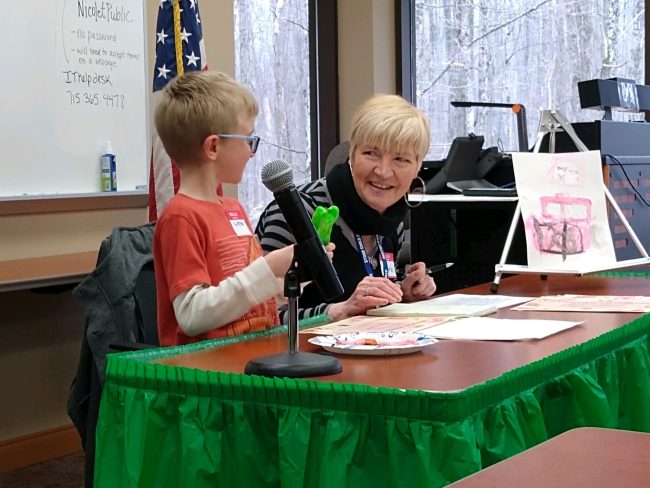
What might guest community members be asking?
This event places an emphasis on participants having fun and learning from each other by sharing knowledge and skills, evaluating themselves, and relating experiences to their own lives. Judges will be asking questions, listening to the youth carefully, helping youth reflect on their experiences, and supporting each youth’s unique learning. Youth will learn how to share and reflect upon what they did. Some of the questions may include:
- What part of their experience was the most difficult?
- What was the easiest for them?
- What problems or issues came up as they did the activity?
- How did they deal with these problems?
- What life skills did they practice?
- What did they learn about the project from the experience?
- How does what they did relate to other things in their life?
- How can they apply what they learned to future situations?
Interacting in a Group Setting
If your child is not yet ready or does not yet feel comfortable participating in a small group setting, please email apwilliams@wisc.edu or call 715-365-2750 and ask to speak with Anne, the 4-H Educator. This event is meant to be a fun learning experience. Having a conversation with the 4-H Educator before the event regarding this can be helpful for both the family and the event organizers.
Need an Accommodation?
Accessibility is important to Oneida County 4-H. UW-Madison’s Division of Extension is committed to creating an accessible, inclusive, and equitable experience for all program participants. In partnership with the McBurney Disability Resource Center at UW-Madison, the division evaluates and responds to requests for disability accommodation(s), in accordance with the Americans with Disabilities Act. Learn more online here or email apwilliams@wisc.edu or call 715-365-2750 to learn more.
Need Language Access?
Accessibility is important to Oneida County 4-H. UW-Madison’s Division of Extension offers translation, interpretation, and content review services 4-H programs. Please email apwilliams@wisc.edu or call 715-365-2750 to inquire about these services.
Anne Williams, Oneida County UW-Extension 4-H Program Educator
Phone: 715-365-2750 Email: apwilliams@wisc.edu
Find us on Facebook!





